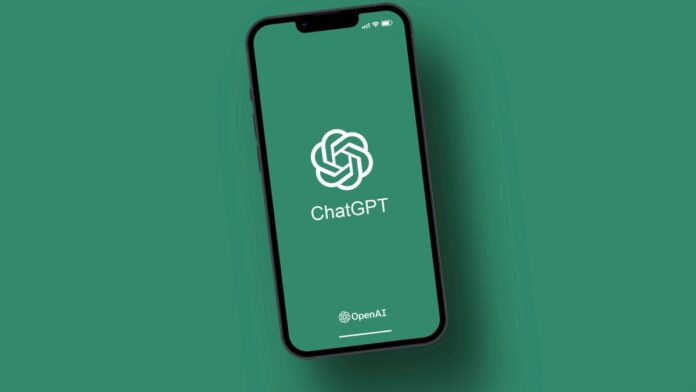OpenAI has just released a major memory update for ChatGPT. I think that this upgrade, though subtle, could have a major impact on how people interact with AI in the future.
Until now, ChatGPT was limited to only the current session’s memory unless ChatGPT decided that some part of it should go into long-term memory. Or if you manually added this. Every new conversation started from scratch.
ChatGPT can now pull your entire chat history from every session in order to answer your latest question. It can track your projects and knows your vibe. It will remember your conversations even if you have forgotten.
ChatGPT still has the user saved memory that you have asked it to save, but now every comment and question you make will be included in how it processes conversations with you. It’s like a polite intern who secretly keeps a journal. You can ask ChatGPT to tell you what it thinks of you by typing “Describe me based on all our chats.”
This might not seem like a big deal, but I can see how it would benefit me as a regular ChatGPT user. ChatGPT now asks me if I like the recipe it has provided. It then comes up with new ideas for meals based on what I think of the previous one.
The brainstorming of bedtime stories is the same. I almost never write a story, but I get some inspiration from what ChatGPT suggests. And now it will be able to riff on suggestions I have made before.
While AI chatbots are constantly improving, it can feel like there is a lot of noise about things that aren’t really that important. Persistent memory is a feature that will last for a long time and that makes it a real improvement. Maintaining context throughout interactions helps the overall’relationship” feel more meaningful. It also opens up new use cases. Imagine tutoring that adapts your learning style over weeks. Imagine therapy journaling where an AI remembers what you’ve said in the last three sessions. Or productivity planning without the need to explain it every Monday morning. It’s not necessary for the AI to be intelligent, as long as it is consistent.
Memorable Moves
ChatGPT’s memory improvement isn’t without complications. The idea of an AI being able to remember you over time raises many questions, including privacy, autonomy, as well as how much information your AI companion should have.
It’s nice that it knows you are kosher and enjoy a little spice in your food, but it shouldn’t assume too much.
I’m pretty sure this is just for me, but a lot of my tests are based on ChatGPT features and not all of them are based around my life. I don’t plan to travel to Japan next week, I was just curious to see how ChatGPT would handle creating an itinerary. I have to delete the session or tell the AI not to use that question in forming answers to other questions.
It also has a philosophical component. The more AI mimics human memory, the easier AI becomes to anthropomorphize. It will start to feel like a human if it remembers things like your favorite sports team or pet’s name. It’s easy for you to trust a tool which remembers your name. In this case, maybe too easy.
For good or bad, I maintain ChatGPT’s extensive memory is one the most consequential AI improvements this year and will likely remain so by 2025.
Even if you can’t make a Ghibli Studio version yourself, memory is a powerful trick. Memory is what turns a tool that’s been inert into a long-term helper. Even if it is a digital simulation of a brain floating on a cloud, you’ll appreciate that it remembers the little things.
- Will Adobe AI agents kill creativity?
- I’m not going to join the ChatGPT Studio Ghibli image generator because it goes against all that I love about these movies.
- Spotify will soon be flooded with AI ads.
Sign up to receive breaking news, reviews and opinions, as well as top tech deals.
Eric Hal Schwartz has been a freelance writer at TechRadar for more than 15 years. He has covered the intersection of technology and the world. He was the head writer of Voicebot.ai for five years and a pioneer in reporting on large language models and generative AI. Since then, he has become an expert in the products of generative AI, including OpenAI’s ChatGPT and Anthropic’s Claude. He also knows Google Gemini and all other synthetic media tools. His experience spans print, digital and broadcast media as well as live events. He’s now continuing to tell stories that people want to hear and need to know about the rapidly changing AI space and the impact it has on their lives. Eric is based out of New York City.


